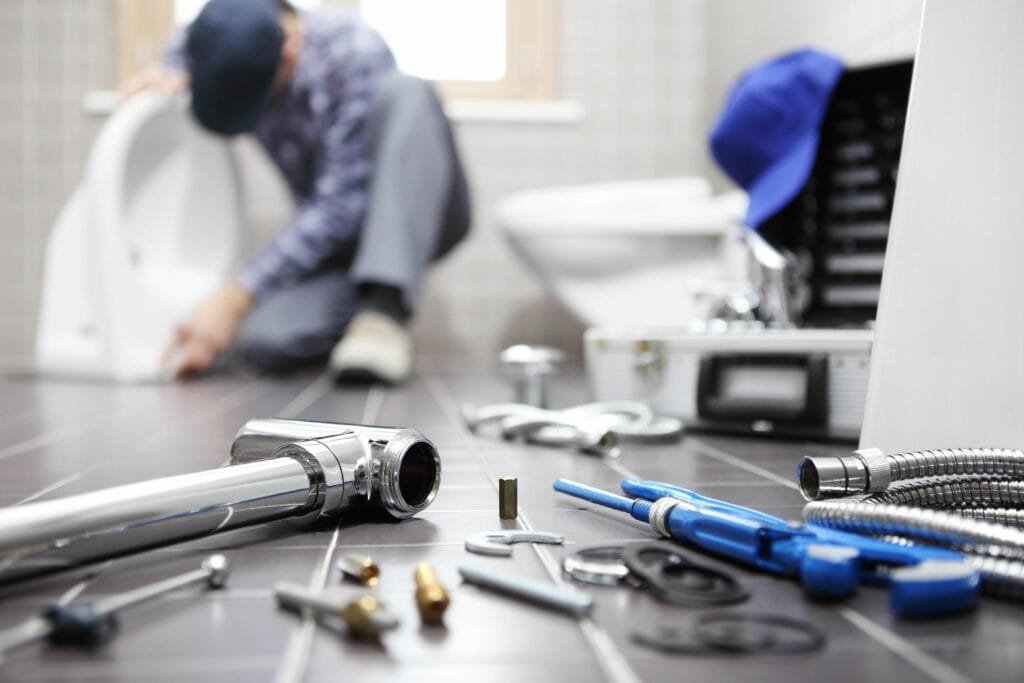Hiring a plumber is a crucial decision that can impact the safety and functionality of your home’s plumbing system. Whether you’re dealing with a minor leak, a clogged drain, or a major plumbing overhaul, asking the right questions ensures you hire a qualified professional who can handle the job efficiently. Here are the essential questions you should ask before hiring a plumber.
1. Are You a Licensed Plumber?
One of the most important questions to ask is whether the plumber is licensed. A licensed plumber has met the required state and local standards, ensuring they have the necessary skills and knowledge to perform plumbing work safely and effectively. Unlicensed plumbers may offer cheaper rates, but their work may not meet code requirements, potentially leading to costly repairs in the future.
2. Do You Have Insurance and Bonding?
Plumbing work involves potential risks, from property damage to personal injury. Hiring an insured and bonded plumber protects you from liability in case of accidents or damage during the job. Ask for proof of liability insurance and workers’ compensation coverage to ensure you’re not financially responsible for unexpected mishaps.
3. What Experience Do You Have with This Type of Job?
Not all plumbers have the same expertise. Some specialize in residential plumbing, while others focus on commercial projects. If you have a specific issue—such as sewer line replacement, water heater installation, or gas line repair—confirm that the plumber has experience handling similar jobs.
4. Can You Provide References or Reviews?
A reputable plumber should be able to provide references from past clients or direct you to online reviews. Look for customer feedback on sites like Google, Yelp, or the Better Business Bureau to get an idea of their reliability, work quality, and professionalism.
5. Do You Offer a Written Estimate?
Always request a detailed, written estimate before agreeing to any work. The estimate should include:
- Labor costs
- Material costs
- Potential additional charges
- Estimated completion time
This helps you compare prices with other plumbers and prevents surprise charges once the job is complete.
6. Do You Charge an Hourly Rate or a Flat Fee?
Understanding how a plumber charges for their services helps you budget effectively. Some plumbers charge by the hour, while others offer a flat fee for specific services. Clarify whether additional costs (such as emergency fees or overtime) might apply.
7. Do You Offer a Warranty on Your Work?
Quality plumbers stand behind their work. Ask about any warranties or guarantees on labor and parts. A good plumber should provide at least a one-year warranty on their workmanship.
8. Will You Obtain Any Necessary Permits?
Certain plumbing projects, such as water heater replacements or major pipe work, may require permits from local authorities. A professional plumber should be familiar with local codes and regulations and handle the permitting process for you.
9. Who Will Actually Be Doing the Work?
Some plumbing companies send subcontractors or apprentices instead of licensed professionals. Ensure that a qualified, licensed plumber will be performing the job, especially for complex tasks.
10. How Do You Handle Emergencies?
Plumbing emergencies, such as burst pipes or sewage backups, require immediate attention. Ask if the plumber offers 24/7 emergency services and how they handle urgent calls. Knowing their response time can be crucial during a crisis.
11. What Payment Options Do You Accept?
Clarify the payment terms before work begins. Some plumbers require an upfront deposit, while others allow payment upon job completion. Also, check whether they accept credit cards, financing, or payment plans for larger projects.
12. How Do You Ensure Cleanliness After the Job?
Plumbing work can be messy. Ask how they plan to clean up after the job is done. A professional plumber should leave your home as clean as they found it, disposing of any debris or old materials properly.
Conclusion
Hiring a plumber without asking the right questions can lead to unexpected expenses, poor workmanship, or even safety hazards. Ensuring you hire a licensed plumber with experience, proper insurance, and a solid reputation will give you peace of mind. By going through this checklist, you can confidently select a professional who meets your needs and budget while delivering quality work.



